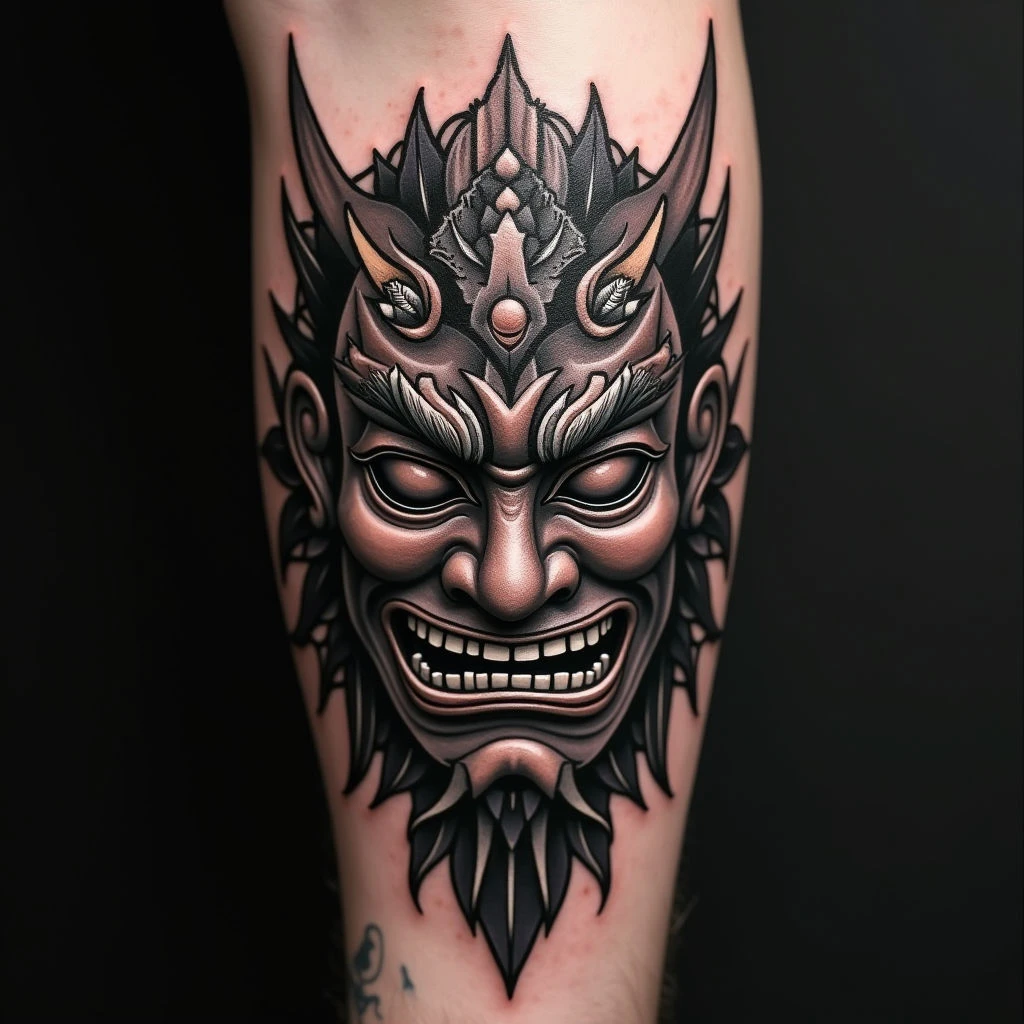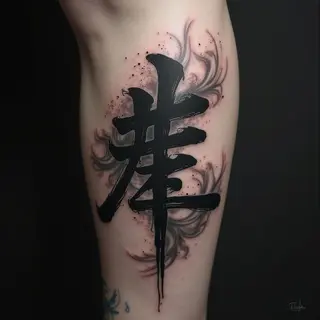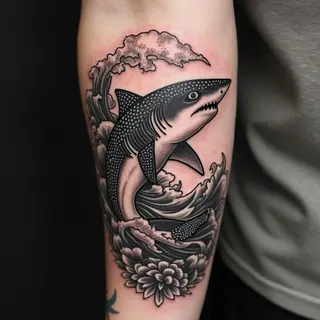The Profound Symbolism of Japanese Mask Tattoos
A History Etched in Ink
Japanese mask tattoos hold a profound depth of symbolism rooted in centuries of tradition. These intricate designs aren't mere aesthetics; they are visual narratives carrying powerful messages about identity, mythology, and spirituality.
Decoding the Symbols
Let’s examine some common Japanese mask tattoo meanings:
class="text-xl font-semibold mt-4 mb-2">Noh Masks
Representing a wide range of characters – from virtuous heroines to mischievous spirits – Noh masks symbolize complex emotions like grief, joy, or anger. Their serene expressions often convey deeper layers of meaning.
class="text-xl font-semibold mt-4 mb-2">Oni (Demon) Masks
Traditionally used in festivals to drive away evil spirits, Oni mask tattoos represent strength, protection, and overcoming adversity. They can also signify inner demons being confronted.
class="text-xl font-semibold mt-4 mb-2">Kitsune (Fox) Masks
Foxes are revered as messengers of the Shinto deity Inari, associated with rice cultivation, prosperity, and intelligence. Kitsune masks symbolize wisdom, cunning, and transformation.
Design & Style
Japanese mask tattoos are often rendered in a traditional style characterized by bold outlines, meticulous detail, and vibrant colors (though black and grey versions are also popular). The placement on the body can also contribute to the overall meaning - for example, an Oni mask on the shoulder might symbolize strength and protection.
More Than Just Ink
Choosing a Japanese mask tattoo is about more than just aesthetics; it’s about connecting with a rich cultural heritage and expressing a deeply personal message.


